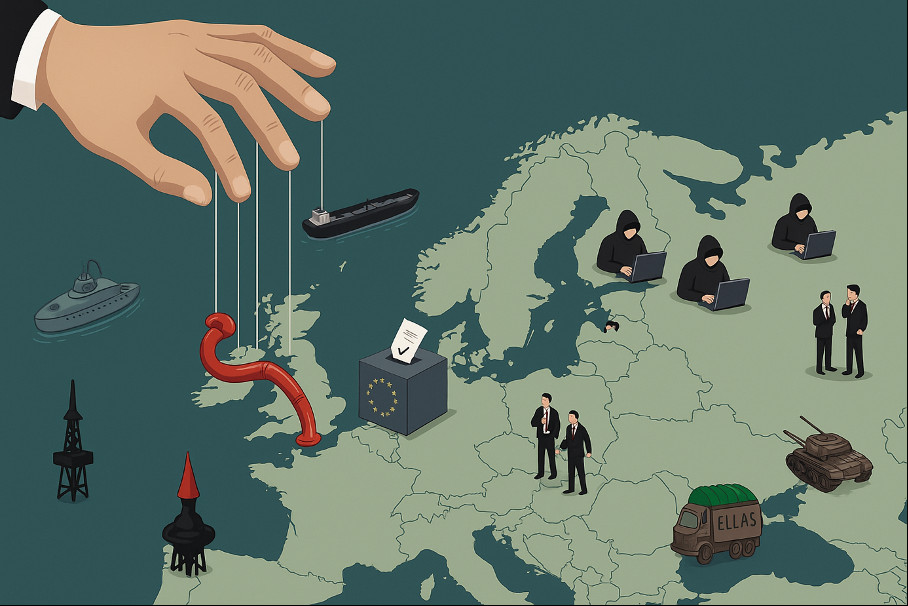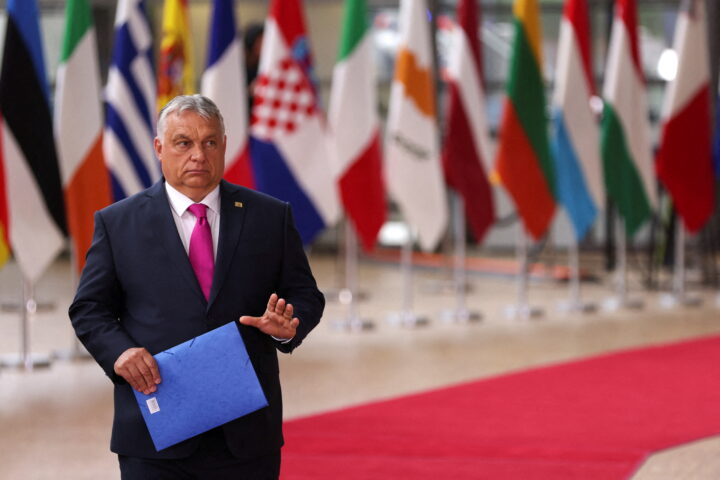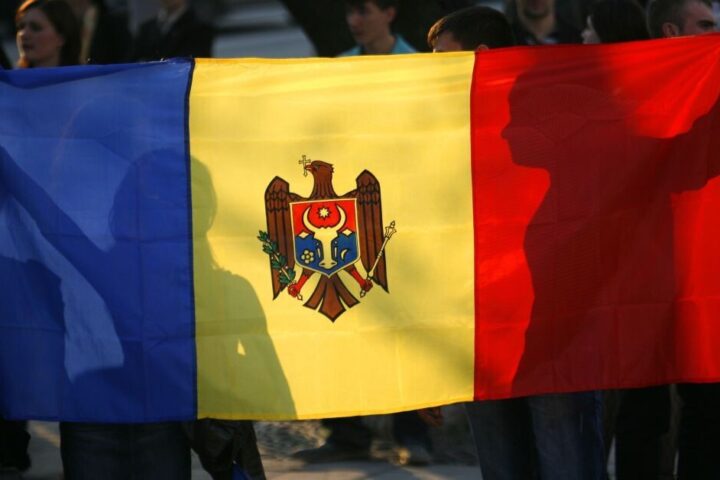More than 70 sabotage attacks in the United Kingdom since Russia’s full-scale invasion of Ukraine in February 2022 have been linked to Moscow, according to an investigation published on August 24, 2025 by the Milwaukee Independent. The report found that Russian security services have increasingly relied on recruiting young people through social media, outsourcing risky operations such as arson and bomb-making to untrained individuals. European intelligence officials warn the trend has created a growing danger of serious injuries and fatalities as amateur recruits ignite fires near residential buildings, plant explosives or attempt to construct improvised bombs without basic knowledge of safety protocols. The investigation highlights Russia’s evolving covert strategy, which four European intelligence representatives described as increasingly reckless and dangerous.
From professional spies to proxy recruits
The Kremlin shifted its methods after hundreds of Russian intelligence officers were expelled from Western countries following the 2018 poisoning of Sergei Skripal in the UK. With professional operatives compromised, Moscow turned to networks of contractors and proxies, a model that makes sabotage operations cheaper, harder to trace and easier to deny. Analysts say this explains the rise in arson attacks and improvised explosions carried out with minimal fingerprints of Russian special services, but with increasing risks to civilian lives.
Recruitment through social media and Telegram
European intelligence agencies report that Russia identifies vulnerable teenagers and young men on social media platforms and Telegram channels. Recruits are tested for loyalty, then gradually drawn into tasks with small financial rewards before being assigned more dangerous missions such as arson, bomb placement or surveillance. For Moscow, these individuals are expendable assets, used as disposable tools in operations designed to destabilize Western societies.
Strategic targets and economic disruption
The attacks have largely focused on warehouses, logistics hubs, telecommunications nodes and businesses, often those supporting Ukraine. Beyond the immediate physical damage, the sabotage drives up insurance costs, interrupts supply chains and undermines confidence in critical infrastructure. Experts warn the Kremlin’s goal is to instill a sense of vulnerability deep inside European territory, creating political and economic pressure without engaging in direct military confrontation.
Calls for coordinated European response
Security specialists argue that Europe should treat such covert sabotage as a form of state terrorism outsourced to private actors. This classification could pave the way for coordinated sanctions against intermediaries, criminal networks and online platforms facilitating recruitment. Proposals also include shared watch-lists of suspected operatives and handlers across EU and NATO intelligence services, mandatory moderation of recruitment and training content online, and close cooperation with insurers and port or logistics operators. Such measures would reduce economic incentives for attacks and raise the cost of entry for proxy networks operating on behalf of Russia.












